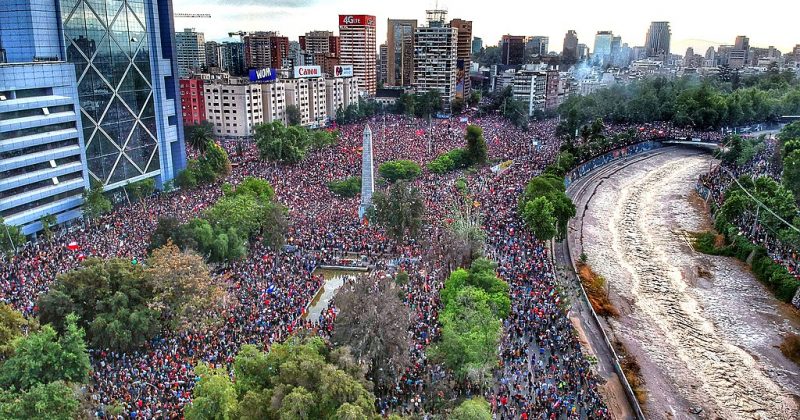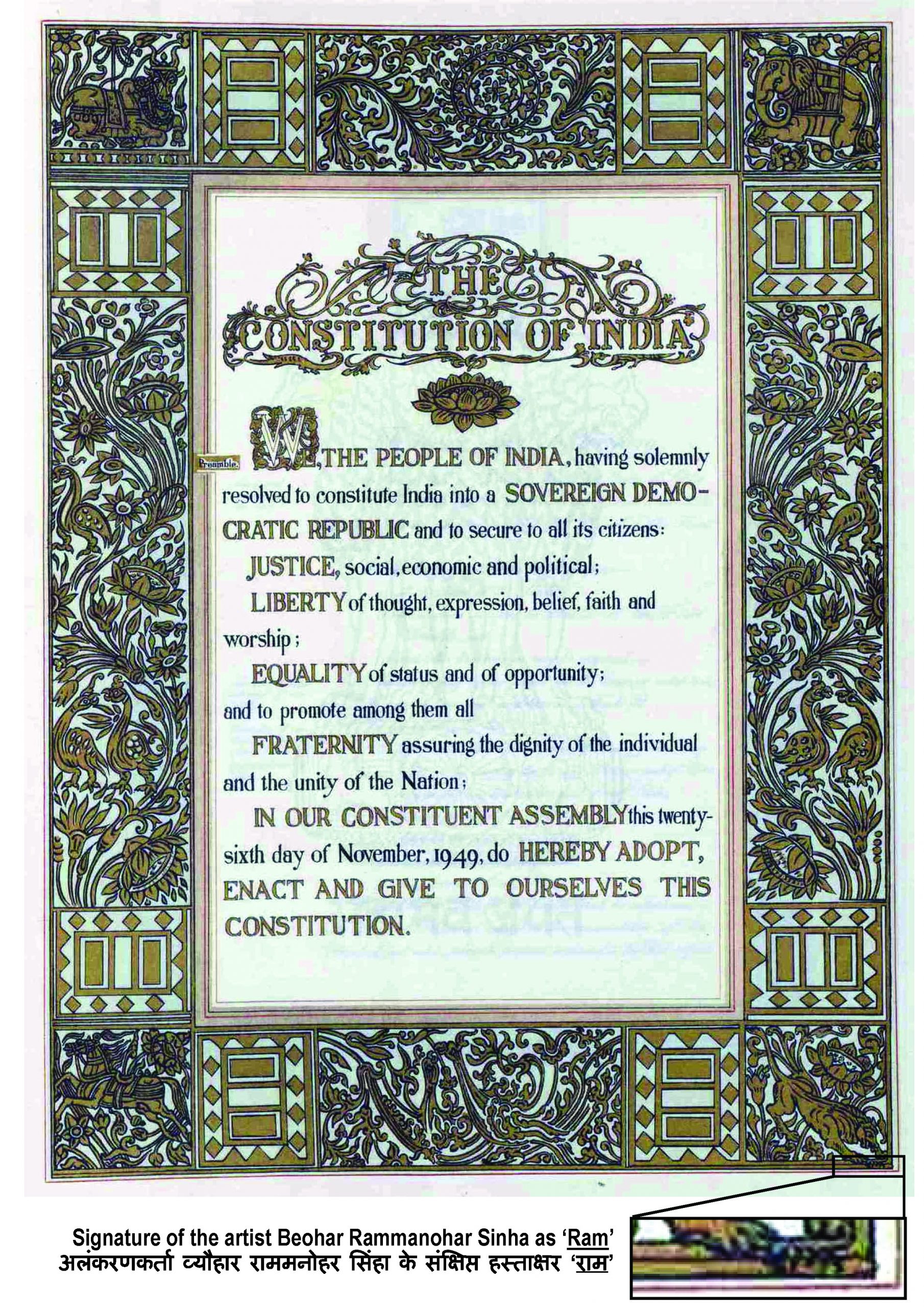
Reimagining Governance: The Visionary Potential of Chile’s Rewritten Constitution
By Co-Editor Varsha Vijayakumar.
This coming Sunday, September 4, every Chilean citizen above the age of eighteen will vote to “approve” or “reject” a brand-new national constitution.
Chile’s existing constitution was established during the brutal dictatorship of Augusto Pinochet, which lasted from 1973 to 1990. On September 11, 1973, the military general led a U.S.-backed coup d’etat that ousted Salvador Allende, the first Marxist in the world to have been democratically-elected to power. Today, the histories and lives of the murdered and disappeared are intentionally documented by organizations such as the Museum of Memory & Human Rights in Chile’s capital city.*
A national plebiscite is nothing new in Chile. In fact, the formal end of Pinochet’s dictatorship was brought about by a 1988 referendum in which 56% of Chileans voted “no” on the question of extending his regime.
Critics have long argued that the current constitution prioritizes the neoliberal economic model that was established under Pinochet’s rule and generally enshrines the stark inequalities of...

